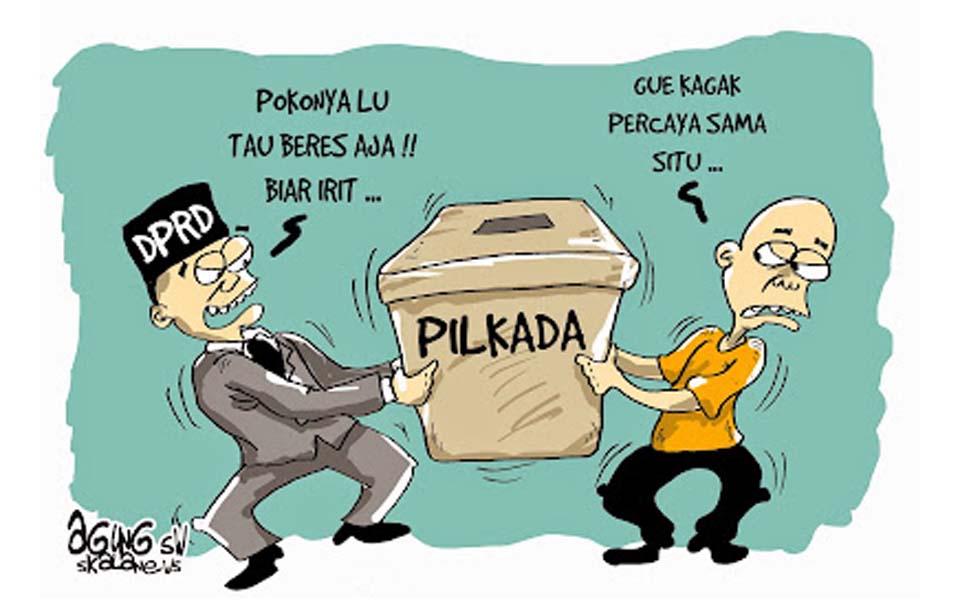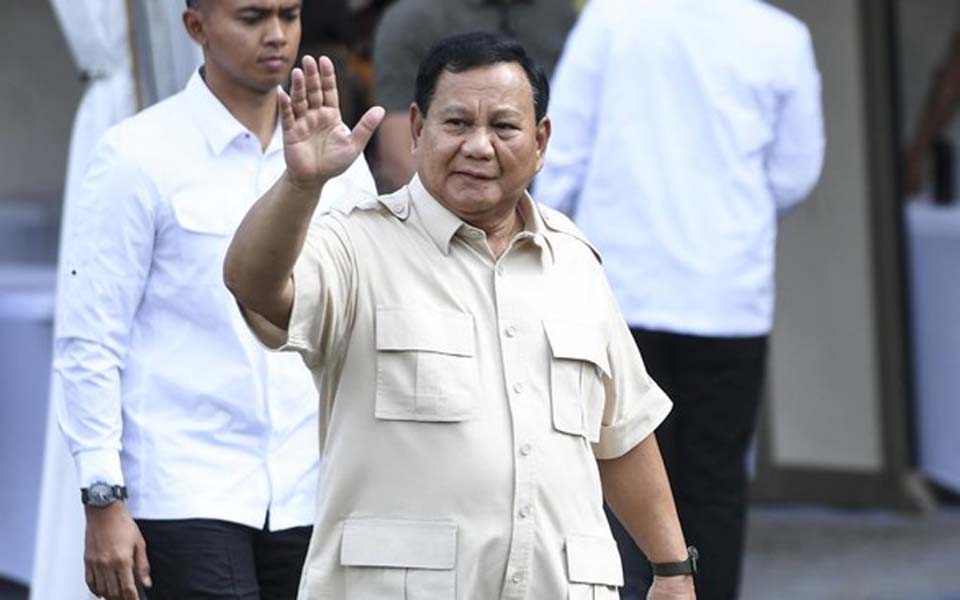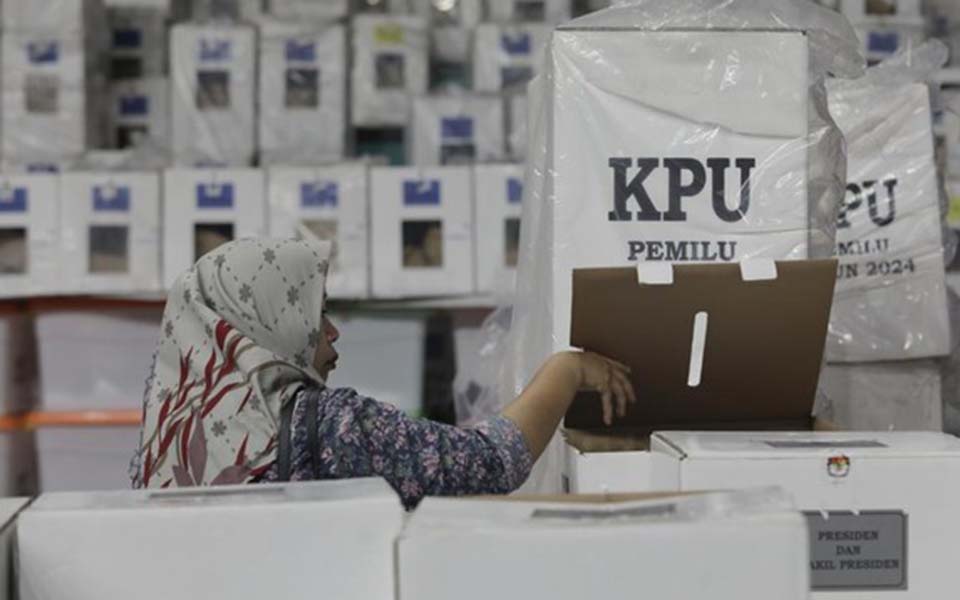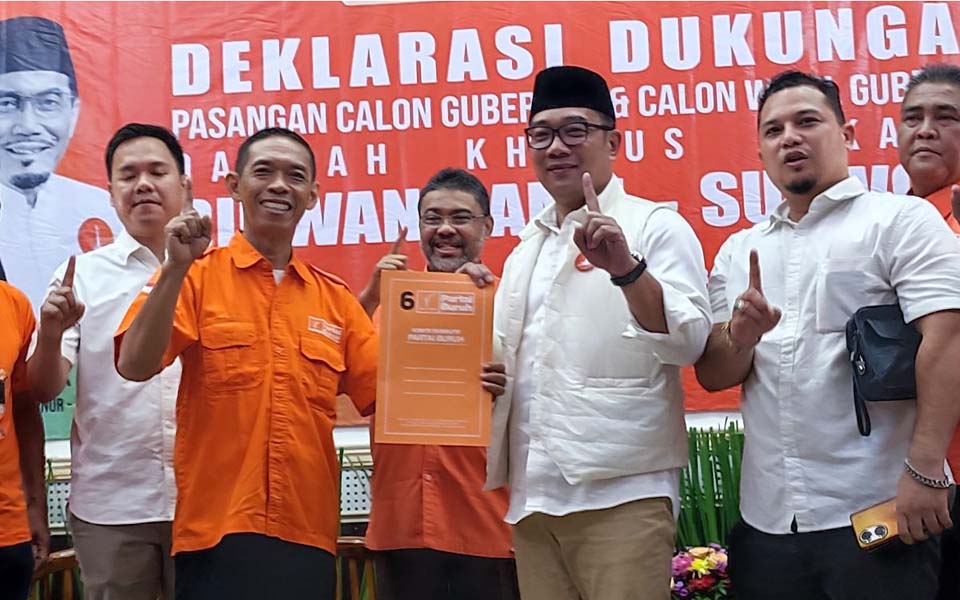Luhur Hertanto, Jakarta – If there is money, the parties are popular. If they only have T-shirts they are ignored.
At least that seems to be a picture of the way people who are joining political parties’ campaigns at the moment are thinking. They will refuse invitations to participate in a campaign if the coordinators are only able to give them T-shirts or other party paraphernalia.
The participants, the majority of which are buskers, the unemployed, motorcycle taxi drivers (Ojek) and housewives, have set a standard on the price and goods they will accept to join a campaign. It appears that they are aware that their status as the little people, the poor, gives them quite a good bargaining position in the eyes of the political parties.
“If it’s a T-shirt, well for me, its not enough”, said Hermanus, an Ojek driver who Detik met while they were taking part in a campaign by one of the political parties at the Urip sports field in Jatinegara, East Jakarta.
This sturdy youth said that a nominal 50,000 rupiah is set as the minimum wage which he would accept to join a rally around the city for a full day. “I must get paid up front yeh, hard cash”, said his college Agung with a serious voice but mischievous grin. He emphasised this because in his experience participating in demonstrations the coordinators who deploy often then disappear [before they get paid]. “[You’re] already tired from shouting, hot, [and you’ve] lost [a days’ income] not working as an Ojek”, he said.
This undercurrent appears to be well understood by the political parties, especially because they have to compete with other political parties to attract people to their respective campaigns. According to Beni, one of the “mass recruitment agents”, the political parties who have contacted him are budgeting funds of 50,000 rupiah plus extras per person. “As well as a T-shirt and flag, extras includes a snack and lunch, and transport must definitely be provided”, he said.
When Detik met him at the North Jakarta Sports Stadium, he was in the middle of taking around 200 local people from Cilincing to participate in the campaign of one of the political parties there.
However based on the principle of customer satisfaction and to ensure a repeat order, Beni enforces a prohibition on those who he mobilises from accepting orders from other political parties on the same day.
During this election campaign, he is only prepared to take orders from political parties who are regular customers. “There have been many other political parties who have asked, but yeh, rather than having [my] regular customers disappear, it’s better to just refuse”, he said lightly. (lh,asy)
[Translated by James Balowski.]















